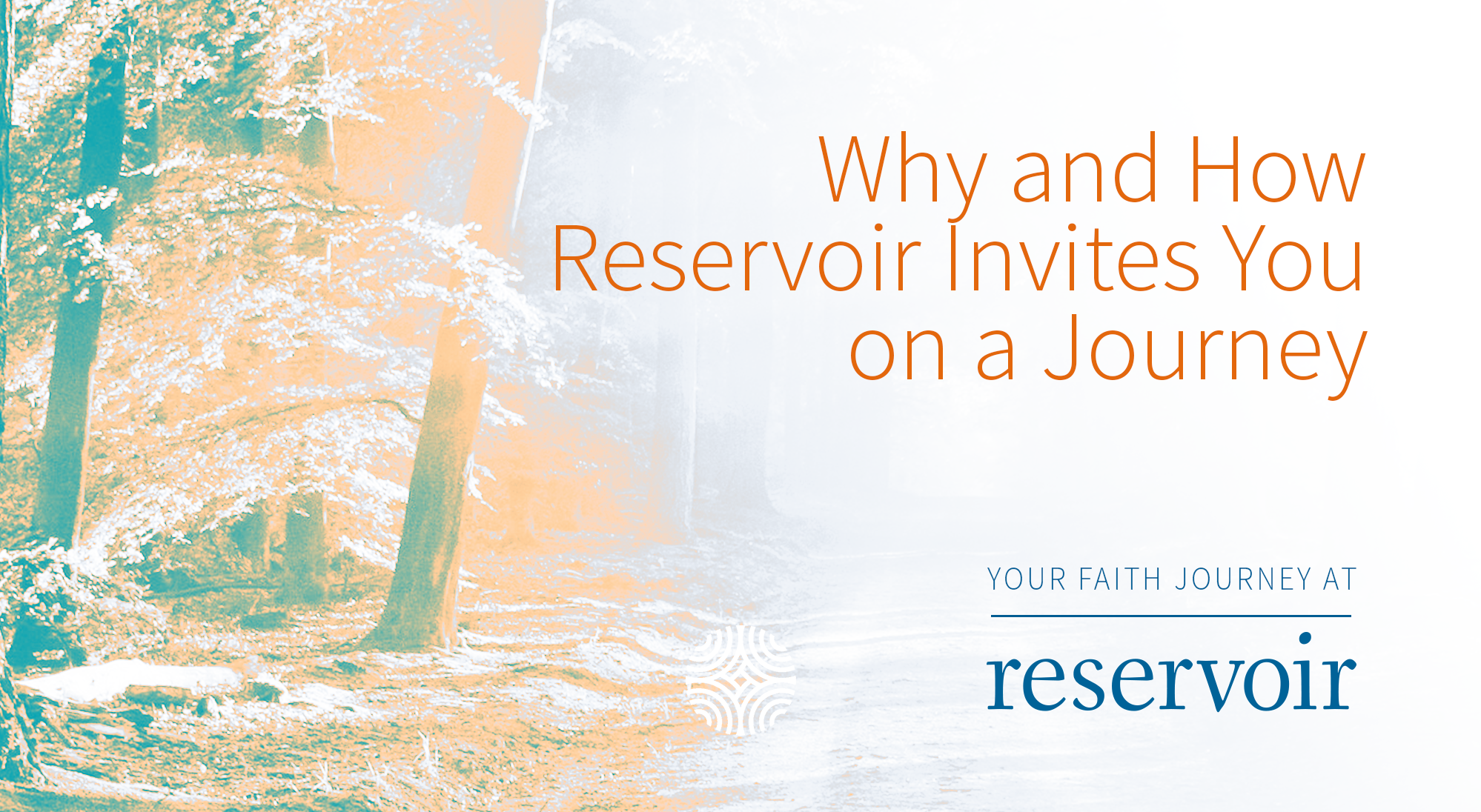My three children are a spectacular gift to my wife, to me, and to the world. I pity the fool who’d tell me otherwise. Yet raising them to this point in their teenage years has disabused me of the notion that there is anything like the perfect child. It turns out all our kids will have flaws and struggles, just like us.
When trying to accept imperfections, one of the phrases people like to say is: Progress, not perfection. At first it sounds liberating. I don’t need to lose twenty pounds, just one per week. My kids don’t need to earn straight A’s, just keep raising their grades. And yet, when you stop and think about it, this mindset is also a trap. It assumes that there is such a thing as perfection, that ideal me, ideal child, ideal you, ideal whatever exists, and we can feel good as long as we’re all making progress toward that ideal.
But who gets to decide what the ideal looks like? (And before you say God, I’ll ask whose version of God? What person or culture or time period’s image?)
We were talking about this last week at a conference on justice and renewal led by the noted social psychologist and theologian Christena Cleveland. One of her many great lines was, “Perfection is the figment of the colonial imagination.” Our ideas of perfection are usually shaped by dominant people and groups, used to rank and sort people and cultures, elevating some and diminishing others. Perfection has a few winners and many losers. If we settle for progress, we haven’t changed the goalposts; we’re just trying to make peace with our slow speed in getting there.
A quick look at the trees could have taught us the same thing. There’s no such thing as the perfect tree, so there is no such thing as progress in that direction. Healthy trees grow. Their growth, their expansion signals their flourishing, no matter what beautiful form that growth takes.
When Reservoir tries to support your faith journey, we have flourishing in mind, not progress or perfection. Our aim is for people to connect with Jesus and with our church and to thrive more as a result. We’re not interested in trying to tell you what your thriving and growth looks like; we assume you know a fair bit about that for yourself already.
Another way of putting this is that Reservoir doesn’t think we need to manage exactly where our faith journeys should lead. But we would encourage us all to take one, to choose movement over stagnation, to see what love and peace and joy this life and the one who made it all have in store for us.
For the next few weeks, on Sundays, we’ll rather explicitly invite you to think about your journey. Pastors Ivy and Lydia and I will talk about five ways of being in the world that seem to help us find more of God and more of the good life, five ways of being in the world that might encourage some movement in our lives. They’re not the only five, but they’re five we like, and they so happen to be Reservoir’s five core values for doing Jesus-centered community life in our time and place. They’re connection, action, everyone, freedom, and humility.
(The English teacher in me knows that one of those words is really messing up the syntax of that list. “Everyone” is a pronoun, not an abstract noun, so that sentence would flow a lot better if is said something like “inclusion” instead. But when we wrote this list a few years back, we wanted that one to stand out, and we still like how it does, so there.)
Anyone – in fact, everyone – can show up on any of the next five Sundays or follow along with the content online. But if you like this approach, and if you’d like some company and encouragement on your faith journey, we’ll strongly encourage you to become a member at Reservoir. Membership in our church is about belonging, not believing. It’s a way of saying to yourself and the community: I belong here. I’ll let these folks encourage my faith journey, and maybe I’ll even encourage others on theirs.
Membership – and the community and the giving it involves – is also a way of sustaining a Jesus-centered, fully inclusive approach to faith, one that values and empowers connection, action, everyone, freedom, and humility. Like most things in life, this stuff is good, but it isn’t free.
I look forward to connecting with you on your faith journey, to listening and learning from one another as we go. Personally, I’m not all that interested in progress or perfection anymore, but on seeing what beautiful things we will see and become as we continue.



